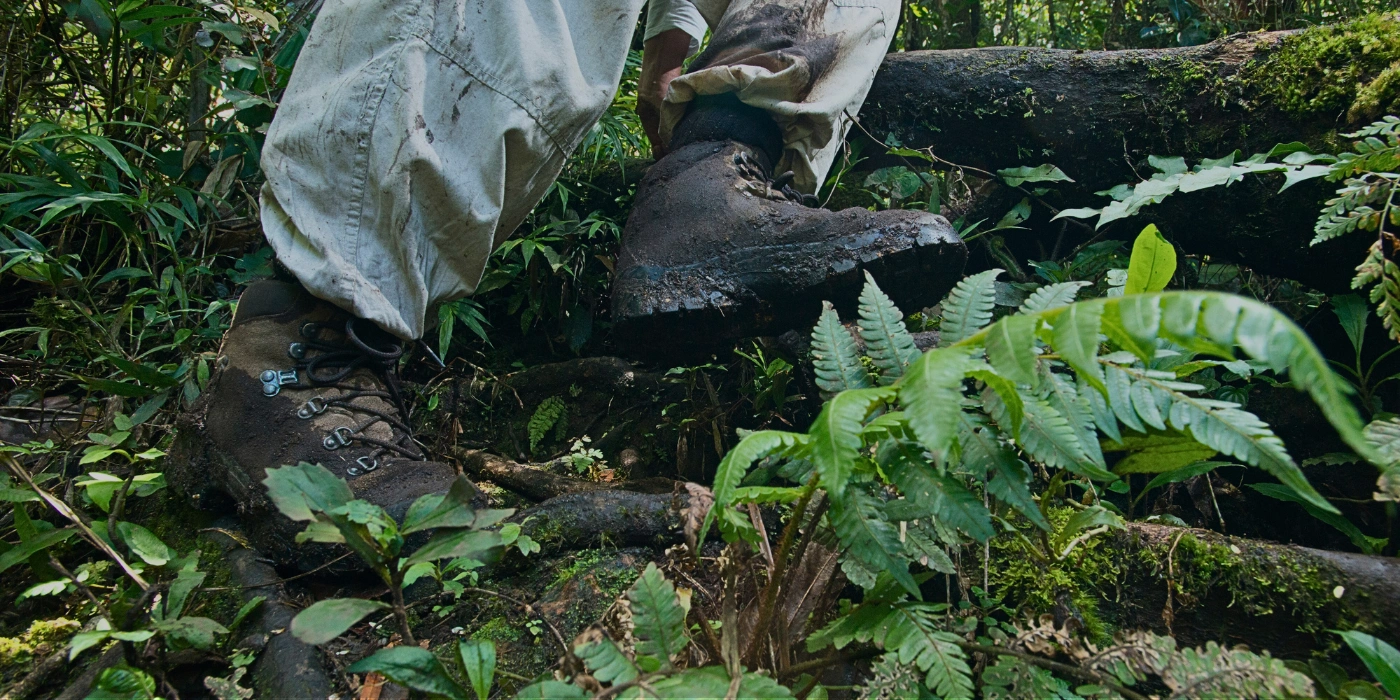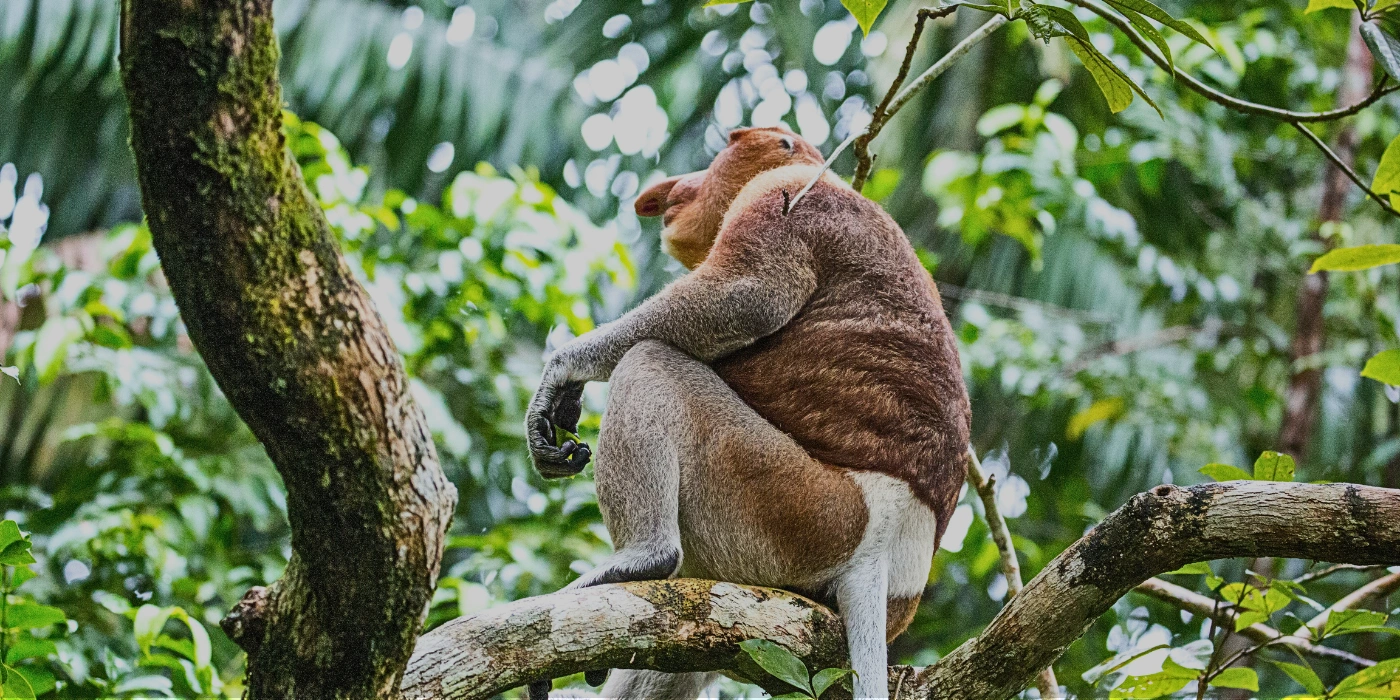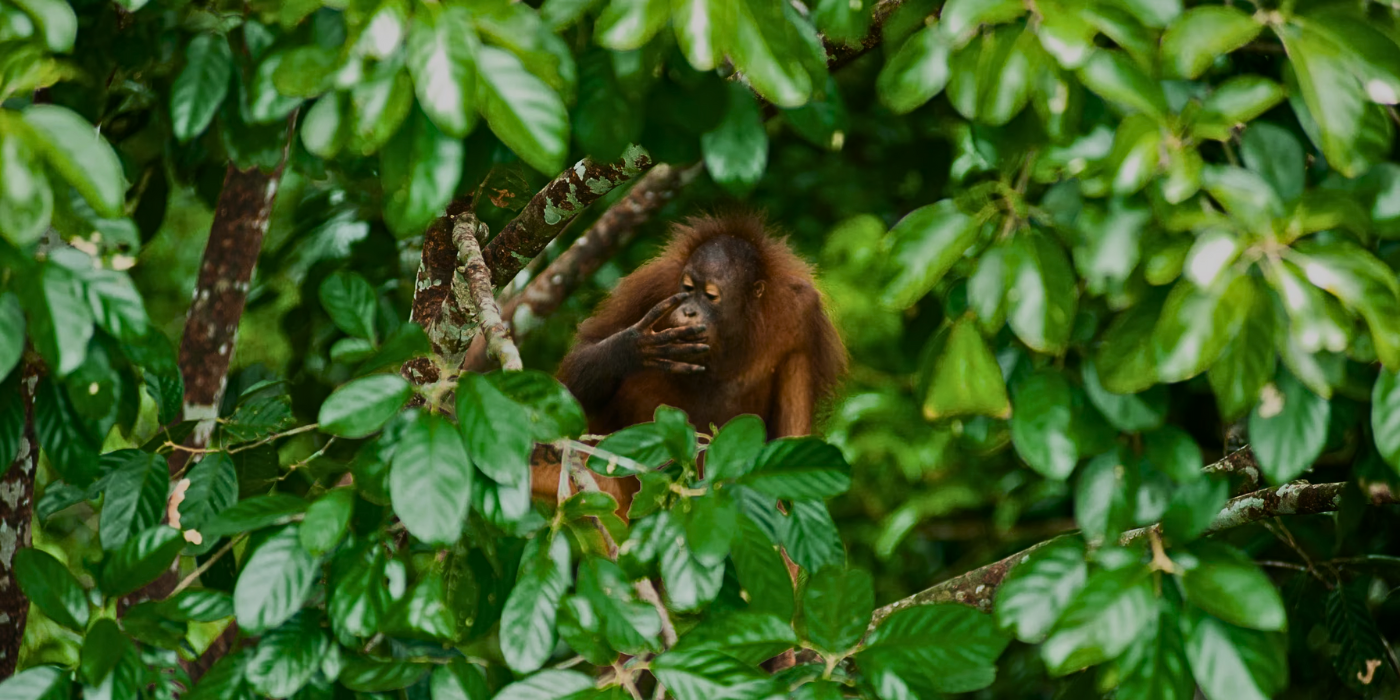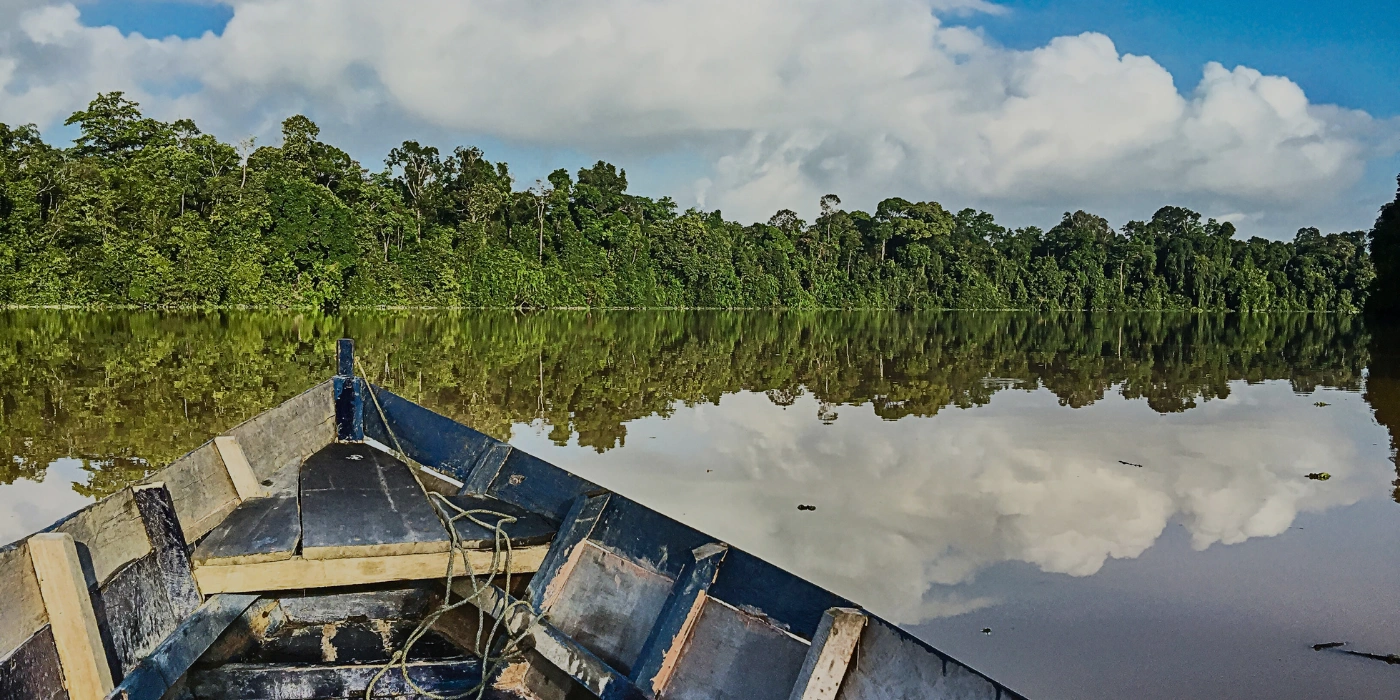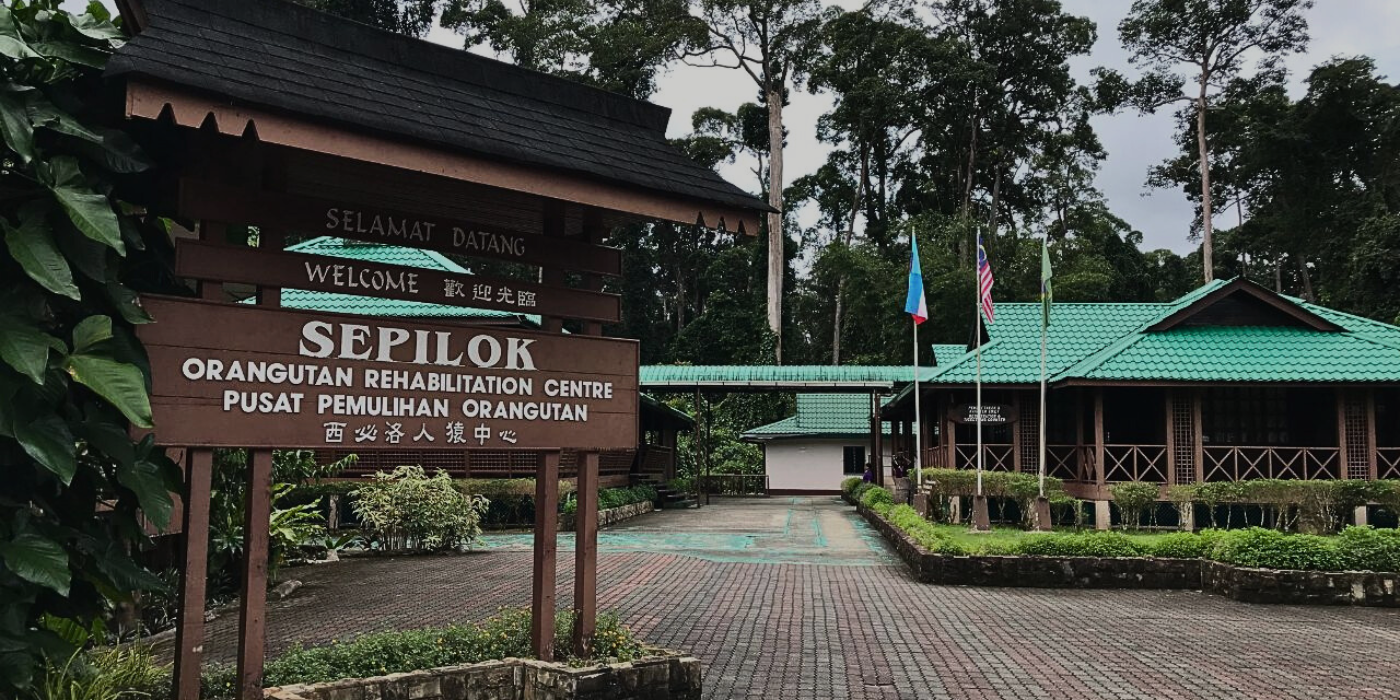Before even stepping into the rainforest, your choices already matter. From packing reusable water bottles to booking with tour operators who follow conservation guidelines, every decision plays a part. Choosing experiences that educate rather than entertain, and that focus on sustainable practices, is key.
Ethical wildlife tourism in Sepilok means travelling with empathy, mindfulness, and an understanding that you are a guest in the home of the wildlife—not the other way around. When we align our behaviour with conservation values, we protect what we’ve come to admire.
1. Respect Wildlife from a Distance
Never feed, touch, or get too close to animals. Orangutans in Sepilok are semi-wild and easily stressed by humans.
2. Stay on Designated Paths
The trails at the Rainforest Discovery Centre are built to protect sensitive flora and fauna. Straying off-trail can cause erosion and harm habitats.
3. Follow Sanctuary Rules Strictly
Places like the Sun Bear Centre and Orangutan Centre have rules for a reason. They're designed to protect both you and the animals.
4. Use Eco-Friendly Products
Swap single-use plastic bottles for a refillable one. Avoid chemical-heavy sunscreens and bug sprays that can affect rainforest ecosystems.
5. Choose Ethical Tour Operators
Look for operators who limit group sizes, employ trained local guides, and contribute to conservation efforts.
6. Educate Yourself Before You Go
Learn about the species you’ll encounter. Understanding their behaviours and threats makes the visit more meaningful and less disruptive.
7. Support Local Conservation Projects
Your entry ticket fees support real conservation work. Consider donating or adopting an animal through the centres' official programs.
8. Avoid Flash Photography
Flash can startle animals and disrupt natural behaviours, especially for nocturnal creatures.
9. Keep Noise to a Minimum
Loud conversations or music can frighten wildlife. The jungle is meant to be experienced in quiet awe.
10. Take Only Photos, Leave Only Footprints
Don’t take “souvenirs” from the forest. Even a leaf or a rock has a role in this fragile ecosystem.

